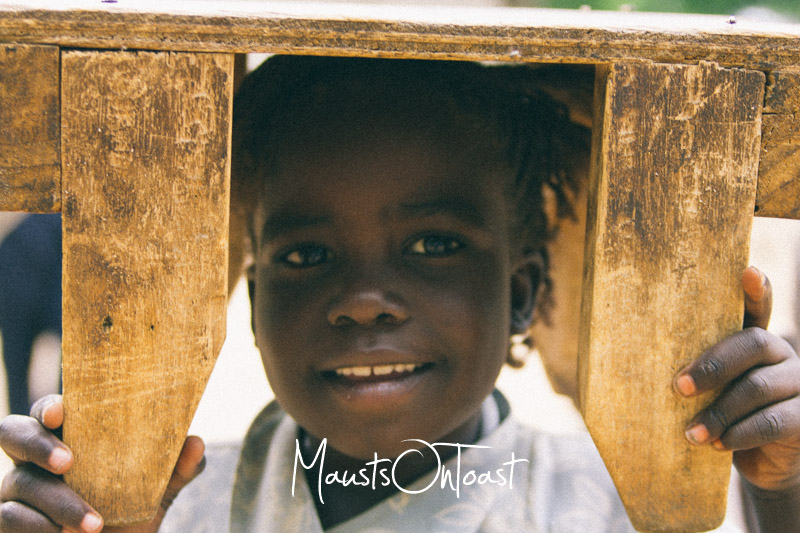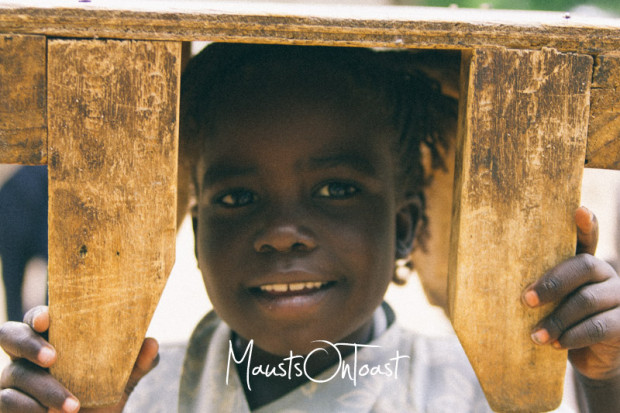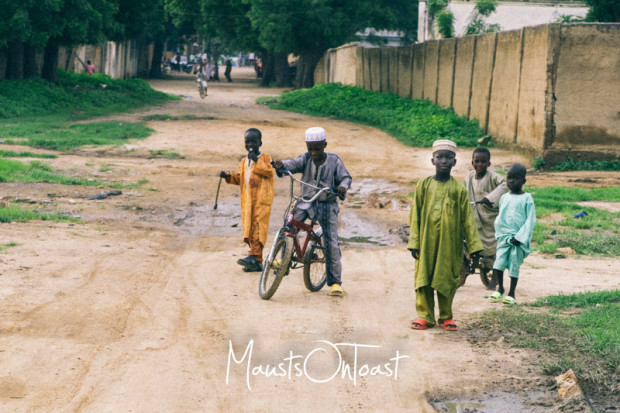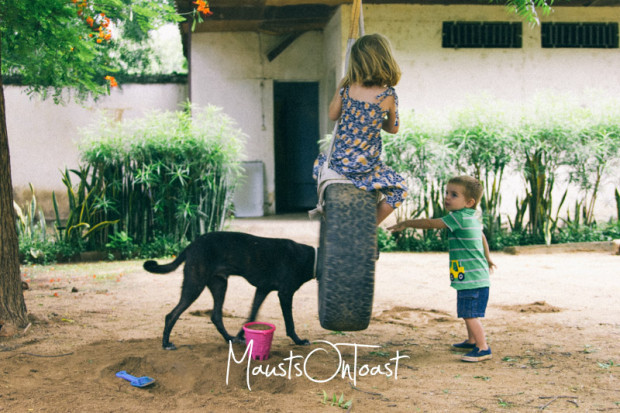In gearing up for a workshop in September where translation students will begin translating the book of Ruth, I’ve been doing my homework to anticipate any difficulties we might run into or questions the participants may have. Oftentimes my own questions aren’t those that my African students raise. And the opposite is true as well.
I remember some months ago asking a seasoned colleague what he thought of the names of the characters in the book of Ruth. You’ll recall that the story of Ruth starts by telling how one man, Elimelech, moves his family because of a famine. They basically go out on a permanent hunt for groceries. He takes his wife and two sons. The two sons are named Mahlon and Chilion. My curiosity was piqued by the meanings of their names. The name Mahlon, although of uncertain origin, likely means “Little Sick One” while the name Chilion (origin again uncertain) probably means something like “About-to-Die.”
What in the world? Who names their kids such horrendous names!? “Come here, Little Sick One!” Or, picture the birth announcements: a cute little chubby boy with large swirly text over top “Announcing the birth of Little Sickly.” You can thus see why some scholars doubt the historical basis of the Ruth story given that the author seemingly endowed his characters with such highly symbolic names. (In case you don’t remember, the boys Mahlon and Chilion are introduced in verse 2 and then die right away in verse 5!) From a Western perspective such names make little to no sense, except with foreshadowing symbolic value.
But what about from an African perspective? Check out what the commentator on Ruth in the Africa Bible Commentary has to say:
Some scholars argue that the story of Ruth has no basis in historical events because the names of the characters match their actions or character. …This argument is not convincing to Africans, who are accustomed to children being named for events around the time of their birth. One of my sisters was named Manzunzo (suffering) because she was born two months after the death of my father.
Wow, what a different way of naming! After reading this, I decided I would do some fact-checking with my language helper. (I’m currently meeting for two hours each day with a native Moloko speaker who is helping me learn his language. His language is one of several within the cluster of languages which I’m helping along in the translation process. Our organization requires me to learn one of these languages so that I’m better equipped to help with translation.)
Today I asked my helper about names in Moloko. To my surprise, he didn’t even hesitate when I asked if he knew anyone named “About-to-Die.” In fact, he knew both a man, Amtaba, and a woman, Amteshe, with names meaning “About-to-Die.” What about sickly? Any Little Sicklies running around that you’re aware of? “Oh sure! Some people I know just named their baby girl Nzedabay.” Two for two. = He even confirmed what the commentator above noted: that it’s common to name a child after events that take place around the time of birth. For example, if the parents have lost several newborns to sickness and then another little one is born to them, the name Little Sickly (given their previous experience) seems to fit.
I guess that means my dad must have been feeling really manly the day I was born.




CommentsOnToast